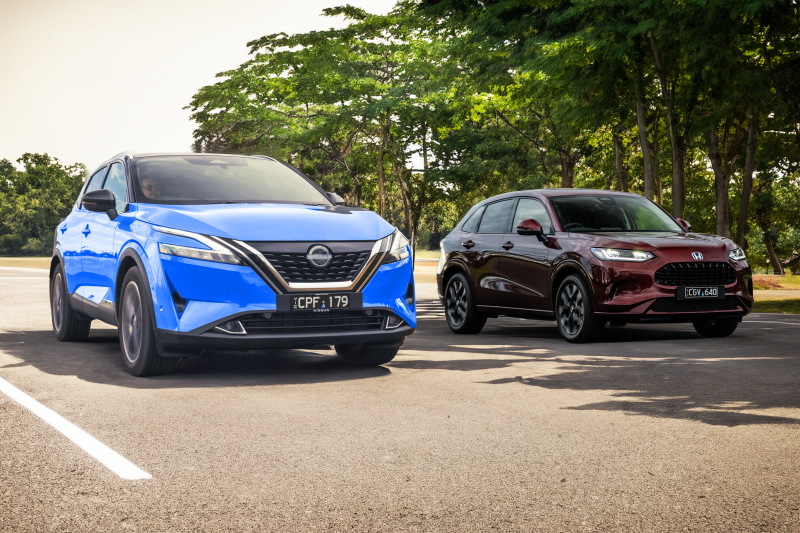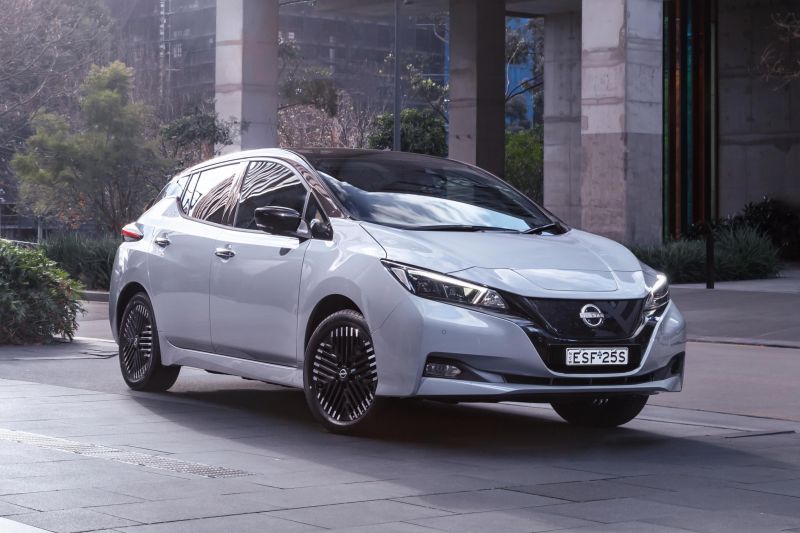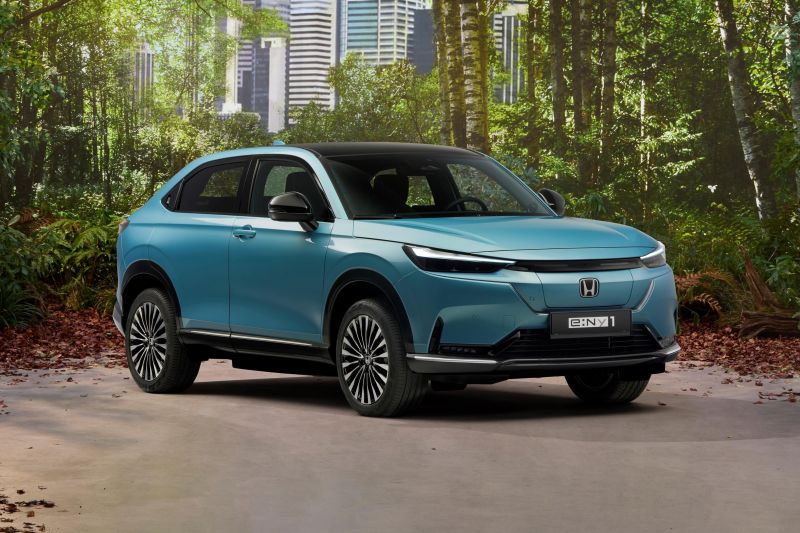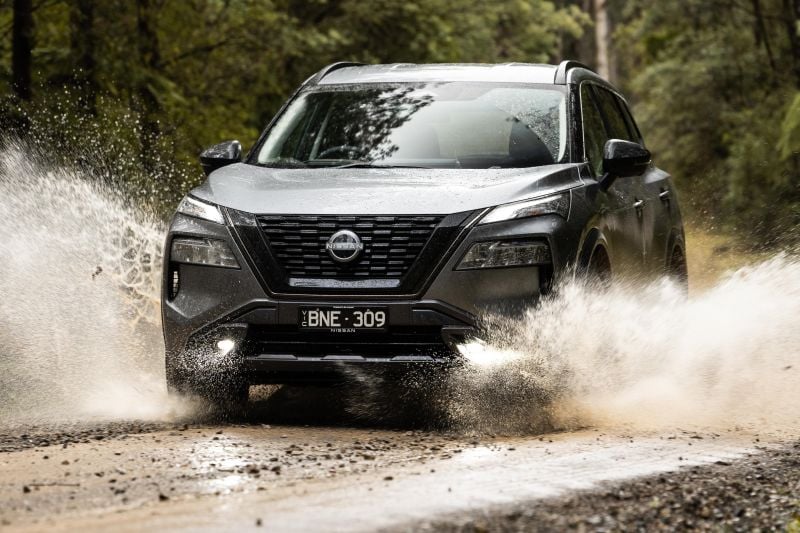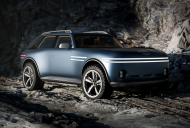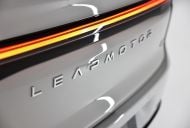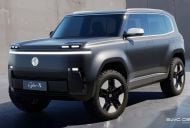Japanese carmakers Honda and Nissan are reportedly looking to merge, amid rising electric vehicle (EV) sales from more affordable rivals.
Nikkei Asia reports Honda and Nissan will soon begin negotiations which would see Japan’s second- and third-largest carmakers by volume join forces to stay afloat.
Both carmakers sent separate statements to news agency Reuters without direct comment on the reported merger.
“As announced in March of this year, Honda and Nissan are exploring various possibilities for future collaboration, leveraging each other’s strengths,” Honda and Nissan sent to Reuters separately.
Honda and Nissan will reportedly bring in Mitsubishi as part of the merger, which would form one of the world’s largest auto groups.
100s of new car deals are available through CarExpert right now. Get the experts on your side and score a great deal. Browse now.
In March, Honda and Nissan confirmed they were investigating a potential partnership in the “fields of vehicle electrification and intelligence”, which could lead to sharing electric motors, battery technology, software platforms, and other core EV components.
At the time, Honda CEO Toshihiro Mibe said when asked about the automotive industry’s rapid pace of change: “Can we survive? That’s the question. By 2030, we have to be a top runner, in a position to fight against the top players.”
Nissan CEO Makoto Uchida added: “We cannot afford to be complacent. Emerging players are making inroads with high competitiveness and totally different business models.”
Since then, Nissan has found itself in the headlines for the wrong reasons, with a report by The Financial Times last month claiming a senior official close to the carmaker said “we have 12 or 14 months to survive”.
A source close to Renault – which has had an alliance with Nissan since 1999 – reportedly told the publication it would be open to selling a portion of its shares to Honda.
Renault is wanting to further reduce its stake in Nissan – having cut its holding from 43.4 per cent to under 36 per cent last year – leaving the Japanese brand searching for a long-term, steady shareholder such as a bank or insurance group to provide financial stability.
Nissan announced last month it plans to cut global production capacity by 20 per cent and axe 9000 jobs to “stabilise and right-size” the business, after consolidated operating profit for the first half of Japanese fiscal year 2024 fell 303.8 billion yen (~A$3bn) to 32.9 billion yen (~A$334 million).
Uchida-san has announced he’ll voluntarily forfeit 50 per cent of his monthly compensation, while other executive committee members are also taking a pay cut.
Sliding sales in China aren’t just impacting Nissan, with Honda reportedly suffering as well, albeit to a lesser extent.
While there are a number of startup and established carmakers from China operating in their home market, it’s still an important region for so-called ‘legacy’ brands such as Nissan and Honda.
Many legacy brands have also suffered from cooling EV demand in other markets such as Europe right as they expand their EV lineups, and as they face increased competition from cheaper Chinese rivals.
Volkswagen, for example, is considering closing up to three plants in Germany with Audi closing its Belgium plant.
Despite Honda being a far larger company than Nissan by its market cap globally, it’s dwarfed by its fellow Japanese carmaker in Australia.
Between January and November 2024, Nissan delivered 41,060 vehicles to Australian customers. Across the same period, Honda delivered 13,007 vehicles.
Honda moved to a fixed-price ‘agency’ sales model in mid-2021, where it took ownership of its dealership network. Nissan and a majority of brands on the Australian market have continued to use a traditional franchise model.
MORE: Nissan has ’12 or 14 months to survive’ as financial situation gets dicey – report
MORE: Honda, Nissan, Mitsubishi join forces on electrification





